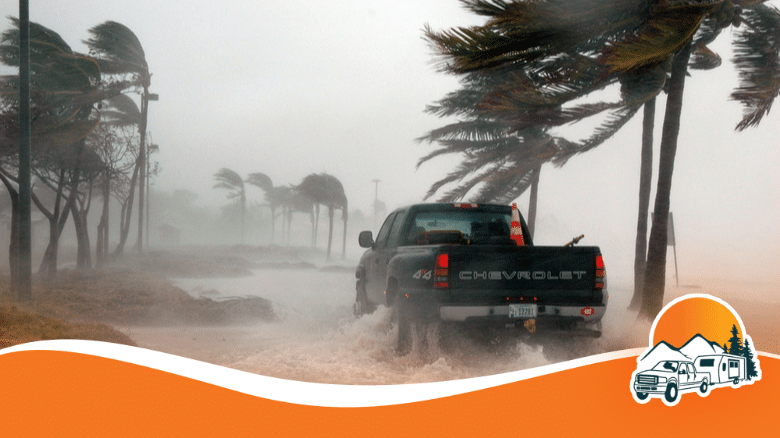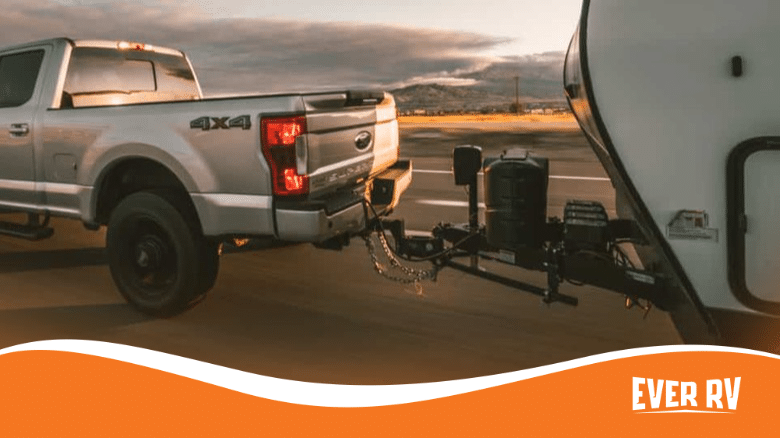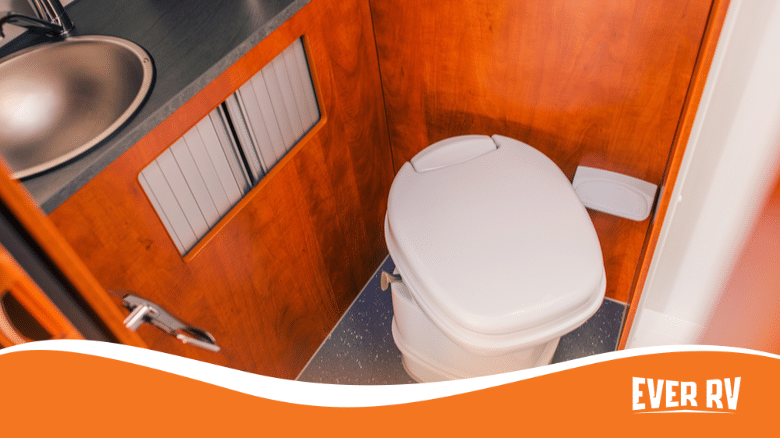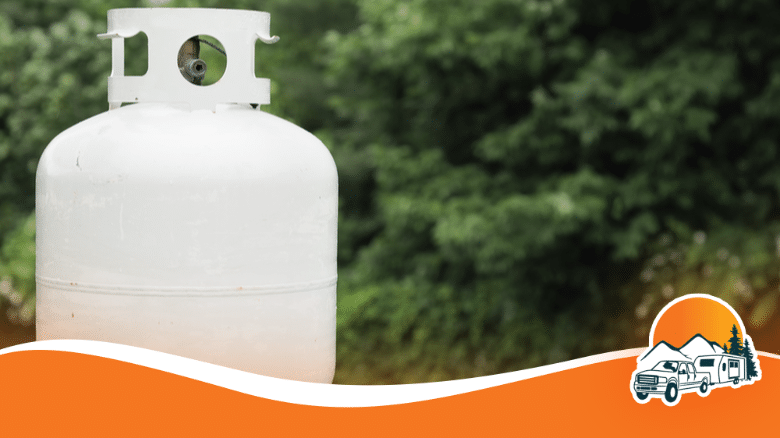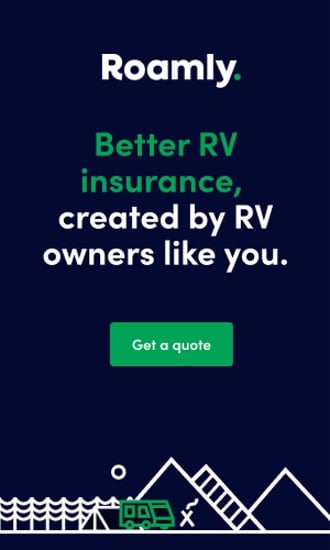Class A motorhome insurance is crucial to owning and enjoying your recreational vehicle. Class A motorhomes are an ideal option for outdoor adventurers seeking the perfect combination of comfort and portability.
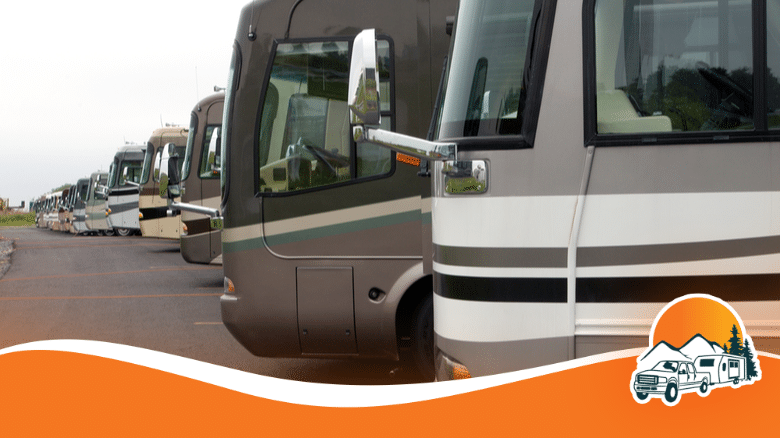
In this post, we will delve into the world of Class A insurance, providing valuable insights on its importance, types of coverage available, factors that influence costs, tips for choosing the right policy and understanding the claim process.
As you navigate this comprehensive guide on insuring your Class A motorhome, you’ll better understand how various aspects, such as liability coverage options or driving records, can impact your RV auto insurance rates.
Moreover, our expert advice will help ensure that you’re well-equipped with all the necessary knowledge to protect your investment while enjoying memorable adventures on the open road.
Defining Class A Motorhomes
Class A motorhomes also referred to as RV motorhomes, are some of the largest recreational vehicles available.
These RVs are constructed on a commercial truck chassis and feature all of the amenities typically associated with a home, including full-size kitchens, bedrooms, bathrooms, and comfortable seating areas.
The majority of Class A motorhomes boast a high profile height and come with slide-out sections for added living space.
Some Class A models may even include dropdown electronic beds or bunk bed systems to expand sleeping space.
Due to their large size, Class A RVs usually contain generators that power interior systems such as TVs and air conditioning as well as exterior lighting when off of shore power.
With long wheelbases and extended lengths, Class A motorhomes provide ample space and comfort for long journeys.
It is imperative for RV owners to obtain specialized policies from an auto insurance company that offers coverage specifically tailored to recreational vehicles, as standard
Most insurers offer liability coverage covering property damage caused by your RV and personal liability if someone is injured while riding in your vehicle or due to negligence when operating it.
Comprehensive coverage may also be available from your auto insurance company, which covers damages caused by fire or theft, among other things depending on what kind of policy you choose.
In addition, some companies offer emergency expense coverage which pays out if you have unexpected expenses related to breakdowns or accidents during travel as well as roadside help packages should something go wrong while on the road with your Class A RV.
Vacation liability provides additional protection against lawsuits arising from injuries sustained by guests inside your vehicle, while medical payments help cover medical bills should anyone become ill during travel time in your Class A motorhome, regardless of fault or negligence involved.
Finally, full-time RVers may benefit from total loss replacement coverage, which helps replace their Class A RV should it become totaled due to accident, vandalism, fire, etc. This type of policy usually requires a clean driving record and more experience behind the wheel before being approved.
Class A motorhomes offer a great opportunity to experience the outdoors and journey in comfort, but it is essential to have appropriate insurance coverage.
Understanding the importance of Class A motorhome insurance will help ensure that you can enjoy your travels with peace of mind.
Key Takeaway: RV proprietors should be acquainted with their
The Importance of RV Insurance for Class A Motorhomes
Possessing a Class A motorhome can be an energizing opportunity to discover nature and live on the highway. But before you hit the open road, it’s important to make sure your vehicle is properly insured.
Without RV auto insurance, owners may face significant out-of-pocket expenses that could jeopardize their investment and future travels.
When searching for an insurance company, RV owners should understand what type of protection they require and its cost.
RV insurance cost can vary greatly depending on several factors, including driving record, age of driver, type of van chassis used in construction, size, and value of motorhome as well as luxurious features such as satellite TV systems or generator upgrades.
It’s also important to consider if you plan on using your RV full-time or part-time when determining which coverage best suits your needs; some insurers offer special discounts for full-time RVers with more driving experience than occasional travelers.
When choosing
Also, take time to understand all available coverage options so you can pick a policy that covers damages resulting from accidents as well as emergency expenses like medical payments or roadside assistance in case something goes wrong while traveling down unfamiliar roads.
Before signing any papers, take time to read all the paperwork when submitting a claim for loss due to theft or accident. This includes understanding the deductibles associated with each type of coverage included in your policy so that there are no surprises later on.
It is essential to understand the importance of insurance for Class A Motorhomes as it can provide peace of mind and financial protection in case something unexpected happens. Moving on, let’s look at some different types of motorhome insurance coverage available.
Key Takeaway: Before setting off on your Class A motorhome adventures, it’s important to make sure you’re covered with the right insurance policy. Shop around for different coverage options and compare quotes from various providers to find a plan that fits your needs and budget. Be aware of deductibles when filing an insurance claim so there are no nasty surprises down the road.
Types of RV Insurance Coverage Available
When it comes to your Class A RV, several types of coverages are available to protect your home away from home. Each insurance company offers a different level of protection, from liability coverage to comprehensive coverage.
Liability Coverage
Having liability insurance coverage for yourself and your possessions is important in this day and age. Not only does it protect you from potential financial nightmares, but it can also give you great peace of mind.
Liability coverage covers expenses related to damage that you may cause to another person or property, whether intentional or accidental.
This can range from medical bills associated with an auto accident to the court systems, should a situation move in that direction.
There are many different types of liability insurance for RVs out there, so take some time to research and decide which best fits your lifestyle.
Once you have the right coverage, you can relax knowing that you’ll have help getting through it all if something happens.
Comprehensive and Collision Coverage
When it comes to comprehensive coverage and collision coverage, it’s not just about protecting your car from accidents or theft. It’s also about protecting yourself financially.
If you were to get into an accident without this coverage, you could end up paying thousands of dollars out of pocket for repairs or replacements.
That’s why it’s important to have comprehensive coverage and collision coverage in your policy from your insurance company.
It may cost a little more each month, but it will give you peace of mind knowing that you’re protected if the worst happens.
So, take the time to review your policy and make sure you have the coverage you need. Your wallet (and your car) will thank you.
Uninsured and Underinsured Motorist Coverage
Let’s talk about something we all hope we’ll never need – uninsured and underinsured motorist coverage.
Even if you’re a safe driver, accidents can happen, and unfortunately, not everyone on the road has the proper
That’s where uninsured and underinsured motorist coverage comes in. It acts as a safety net, protecting you in the event that an uninsured or underinsured driver hits you.
Think of it like a cushion – you hope you never have to use it, but it’s nice to have just in case.
So, next time you review your RV motorhome insurance policy, take a closer look at your uninsured and underinsured motorist coverage – it could save you a lot of hassle and expense.
Medical Payments Coverage
If you’ve ever been in a car accident, you know how stressful it can be. Not only do you have to deal with possible injuries, but you also have to navigate the world of
That’s where medical payments coverage comes in. This type of coverage helps pay for medical expenses that result from a car accident, regardless of who is at fault.
It can cover things like hospital bills, doctor visits, and even funeral expenses.
This coverage can give you peace of mind knowing that you won’t be left with a mountain of medical bills if the worst happens.
So if you’re looking for extra protection on the road, consider adding medical payments coverage to your
Personal Effects Coverage
You never know when a freak accident could happen with your Class A motorhome. That’s why having personal belongings coverage on your
This coverage can protect your personal belongings, like jewelry or electronics, in the event of theft, damage, or loss.
And let’s face it – we all have items that hold sentimental value, like family heirlooms or photos, that are irreplaceable.
Don’t risk losing those items forever – make sure you have the right coverage from your insurance company to protect them.
Roadside Assistance and Emergency Expense Coverage
Picture this: You’re cruising down the highway in your Class A motorhome, wind in your hair, and jamming to your favorite tunes.
Suddenly, you hear a loud pop, and your Class A RV starts to shake uncontrollably.
You pull over to the side of the road and realize that you have a flat tire.
Don’t panic because Roadside Assistance and Emergency Expense Coverage has your back.
This service ensures that you won’t be stranded on the side of the road for long.
This type of coverage offers 24/7 roadside assistance, towing services, and emergency expense coverage for those unexpected situations.
So, sit back and relax, knowing that roadside assistance coverage covers you and your Class A motorhome.
Furthermore, some insurers offer discounts if you have multiple vehicles insured with them or if you’ve been a customer for a certain length of time, so make sure to ask about any possible discounts when comparing quotes from different providers before making a final decision.
Key Takeaway: When shopping for
Factors Influencing Class A RV Insurance Costs
Insuring a Class A motorhome can be affordable. However, several factors influence your
Driving record history is one of the most important aspects considered when calculating premiums, so having a clean driving record is essential to keep your
The specific features/type of van owned, such as a DIY conversion vs. factory-built, also affect motorhome insurance rates.
Age, value, make, and model are other important factors influencing
The location where parked/stored/traveled frequently is another factor that affects premium rates; for example, RV owners who live in areas with high crime rates may pay higher premiums than those living in rural areas or small towns.
Usage frequency and intensity levels also play an important role in determining how much you will pay for your RV policy; full-time RVers typically need more comprehensive coverage than part-time campers due to increased exposure risk on the road and at campsites across the country.
RV insurance companies also consider whether or not you have any additional luxuries, such as air conditioning units or satellite dishes installed on your vehicle, which can increase premium prices significantly depending on their value.
Finally, personal liability protection should be taken into consideration when shopping around for policies, as this type of coverage protects against third-party claims made against you while operating your recreational vehicle.
Once you have the facts on age, driving record, and other factors that affect
Key Takeaway: RV insurance can be very affordable, as premiums are largely based on driving record history, the type of van owned and its features value, and the location where parked. Additional factors such as air conditioning units or satellite dishes installed may also significantly increase premium prices – not to mention personal liability protection should be considered when shopping around for policies.
Filing an Insurance Claim Process
Filing an
It’s essential to get in touch with your insurance provider quickly after an incident or accident happens so that they can start their examination and evaluation of the event.
Upon contacting your insurer, furnish them with pertinent information regarding the event, including police reports and images of any damage sustained.
Your insurance company will then assign adjusters to investigate further and assess what kind of settlement should be made in regard to repair costs or replacement values for property damaged in the incident.
Negotiations between all parties involved will take place until a settlement is agreed upon before payment(s) are released accordingly.
Key Takeaway: It’s essential to get in touch with your insurer promptly after an incident and give them all pertinent information for the inquiry to start. It is essential to explore various coverage possibilities when selecting the best
FAQs in Relation to Class A Motorhome Insurance
Are Class A RVs considered a motorhome?
Yes, a Class A motorhome is considered a type of recreational vehicle. It typically features living space on board and is built onto the chassis of a van or truck. Depending on the model, the interior layout may include sleeping areas, kitchenettes, bathrooms, and other amenities. These smaller rigs provide many of the same luxuries as their larger counterparts, allowing travelers to explore in comfort.
Do Class A RVs hold their value?
Class A RVs generally hold their value quite well. Smaller and more fuel-efficient than other types of RVs, Class A vehicles offer an attractive combination of value retention and low maintenance costs, making them a great choice for travelers or outdoor adventurers. The limited size also helps keep maintenance costs low, which is attractive to potential buyers in the market. With proper care and regular upkeep, Class A RVs can remain valuable assets for many years.
What is the advantage of a Class A motorhome?
The advantage of a Class A motorhome is that it offers the convenience and comfort of an RV in a smaller, more compact package. It is ideal for those who want to travel or explore the outdoors without having to sacrifice interior space. The size makes it easier to maneuver on roads and navigate tight turns, while also allowing you to park in smaller spaces than larger RVs. Additionally, Class A motorhomes typically get better gas mileage than other types of recreational vehicles, making them cost-effective when traveling long distances.
Is a Class A worth the money?
Class A recreational vehicles (RVs) are an excellent choice for traveling and exploring the outdoors. They provide a great balance of comfort, convenience, and affordability compared to larger RVs. Due to their compact size, Class A RVs are perfect for winding through tight roads and campsites while still providing all the comforts necessary for a pleasant stay. Class As are also more fuel efficient than other RV types due to their smaller engines. If you’re in search of a budget-friendly approach to relish outdoor activities with your companions without compromising on features or quality, then opting for a Class A RV is an excellent option.
In Conclusion
Having the right insurance for your Class A motorhome is essential to protect yourself and your investment.
Knowing what type of coverage you need, understanding factors that influence cost, and selecting a policy that meets your needs are all important steps in ensuring you have adequate protection for your Class A RV.
Researching and preparing ahead of time can make locating a cost-effective insurance plan simple, allowing you to have peace of mind while traveling.
Secure your Class A motorhome with comprehensive insurance coverage today! With the right policy, you can protect yourself and enjoy peace of mind on every adventure.

